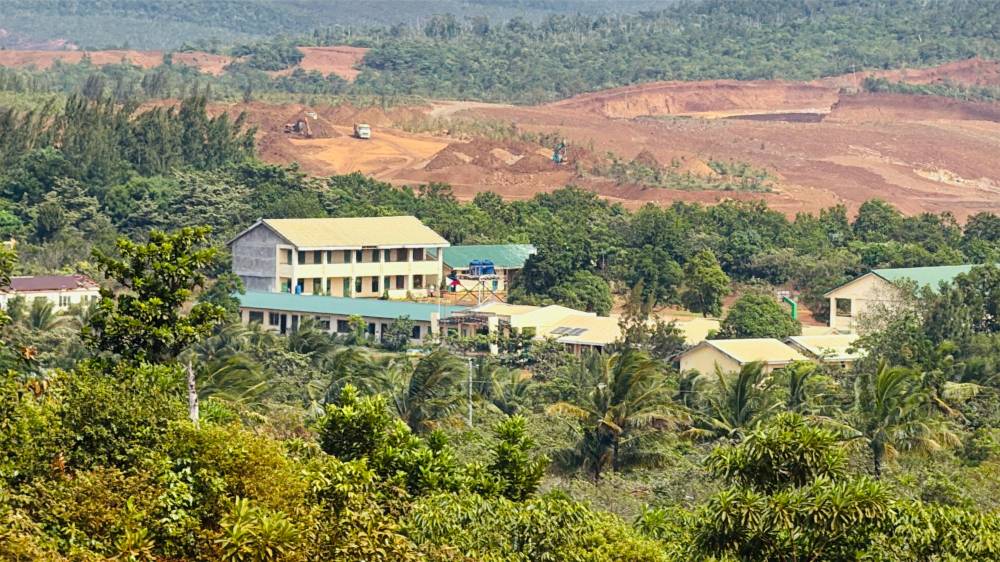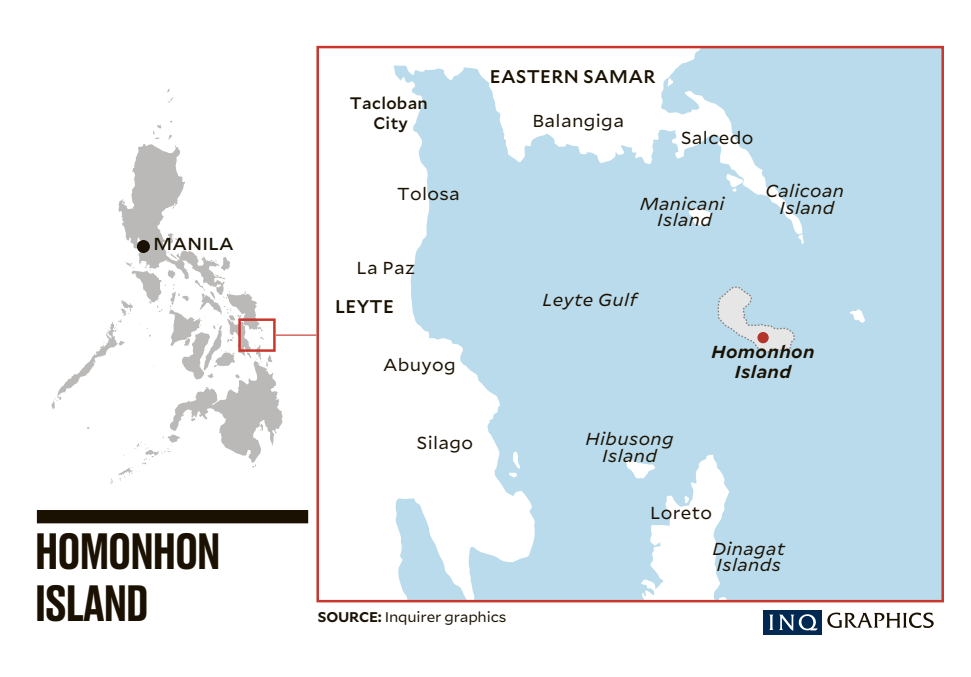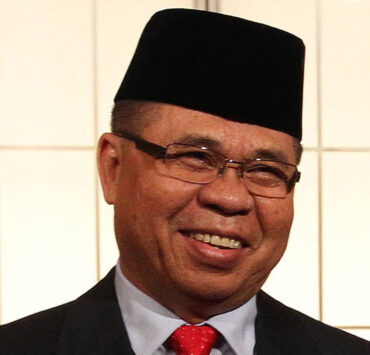E. Samar solon slams Homonhon mining

TACLOBAN CITY—Nearly all of Homonhon Island in Guiuan, Eastern Samar—famously known as Portuguese explorer Ferdinand Magellan’s landing site in 1521—has been placed under mining contracts, prompting Rep. Christopher Sheen Gonzales to call for urgent action against what he describes as “irresponsible and destructive” mining operations.
In his first privilege speech as a lawmaker before the House of Representatives this week, Gonzales revealed that of Homonhon’s 7,400 hectares, about 6,489 ha are already covered by mineral production sharing agreements (MPSAs) granted to five mining companies.
He warned that such large-scale extraction threatens not only the island’s fragile environment but also the survival and livelihood of its people.
“If the whole island can be mined, what space remains for the people? For their farms? For their homes? For their children’s future?” the lawmaker asked, stressing that development should never come at the expense of communities and the environment.
Gonzales, who represents Eastern Samar’s lone congressional district, lamented that while mining operations generate revenues for the national government, local residents are left with degraded lands, polluted waters, and limited livelihood opportunities.

‘Repeated violation’
“Why do the blessings that should rightfully accompany the sacrifices and hardships that locals bear remain elusive to them?” he said in Filipino, pointing out that Homonhon’s communities have long carried the burden of mining’s negative impacts without reaping its benefits.
He cited the Philippine Mining Act of 1995 (Republic Act No. 7942), which mandates that mineral resource utilization should strike a balance between economic growth and environmental protection. “Sadly, mining in Homonhon is a repeated violation of the law. There is no accountability from these mining companies,” Gonzales added.
The mining firms operating on the island primarily extract nickel and chromite.
Gonzales also questioned what he described as “meager” corporate social responsibility initiatives of these firms, saying they have failed to significantly improve the lives of the residents. He pushed for the rehabilitation of mined-out areas and the establishment of alternative livelihood programs to reduce dependence on extractive industries.
Sustainable development
“I love the people of Homonhon,” he stressed, vowing to stand with island residents in their call for just and sustainable development.
“The people of Homonhon deserve true development that protects their rights and secures their future. The legacy we must leave behind is one of care, accountability, and lasting hope,” Gonzales concluded.
The Diocese of Borongan, along with local parish leaders and residents of the island, has also repeatedly spoken out against the mining activities on the historic island, saying these destroy forests, water sources, and coastal areas that sustain fishing and farming families.
Church leaders have stressed that Homonhon, being both a historical and ecological treasure, should be preserved for future generations rather than exploited for profit.

















